28. How Can Someone with Peripheral Neuropathy Protect Their Feet from Injury?
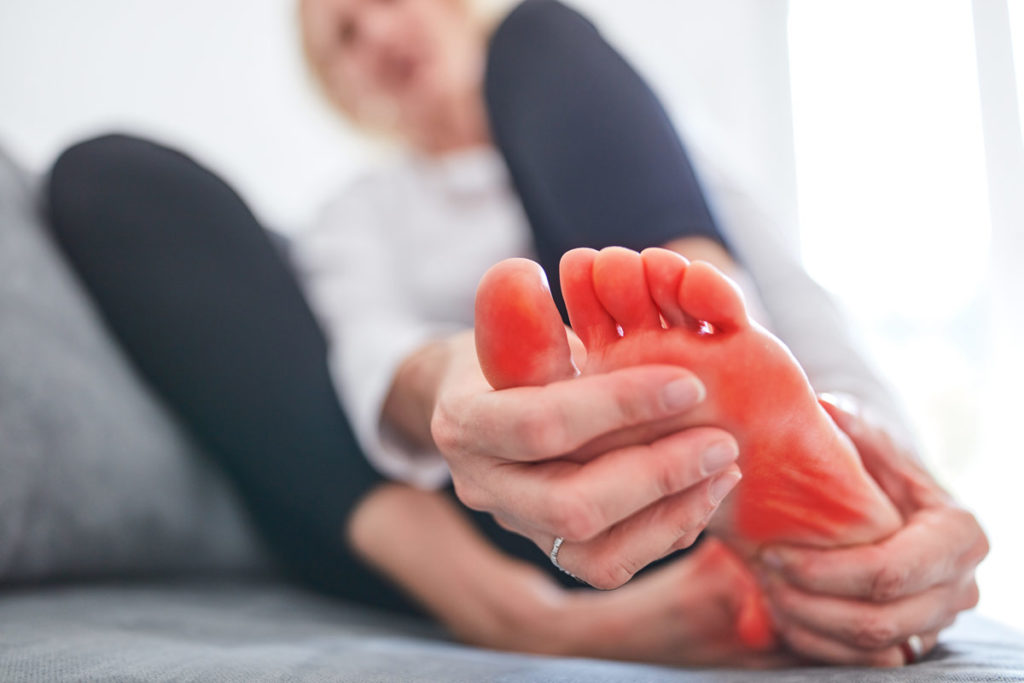
When your feet have decreased sensation, as is the case with peripheral neuropathy, your ability to recognize and react to something that might injure your foot–such as an ingrown nail, a wound, an infection, etc.–may be significantly impaired. Delaying care can allow a minor problem to rapidly become more serious. Early detection of a problem is the […]
27. What Other Types of Therapies May Be Helpful for Peripheral Neuropathy?
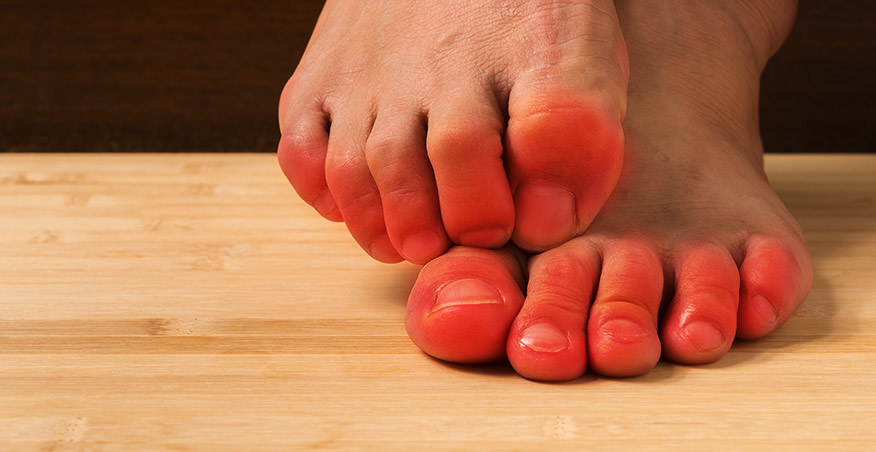
If you are diabetic or prediabetic and have peripheral neuropathy, it is very important to get your weight under control and exercise regularly in hopes of slowing the progression and/or decreasing the intensity of your peripheral neuropathy. These lifestyle changes may help to get your diabetes under control or prevent prediabetes from progressing to diabetes. Keep your […]
26. Why Are Antidepressants and Anti-seizure Medications Used in the Treatment of Peripheral Neuropathy?
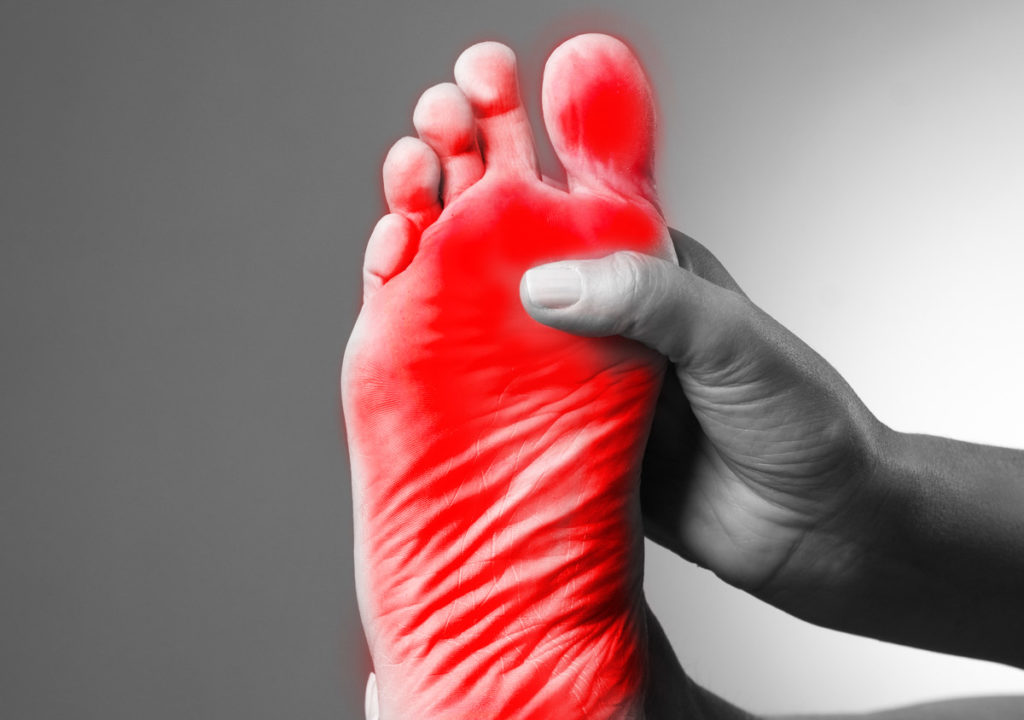
Antidepressants and anti-seizure medication are believed to suppress peripheral nerve activity and, as such, decrease painful signals to the brain. If numbness is the only symptom a patient is experiencing, I find these medications of little value. Numbness is best treated with appropriate nutrients. It is very important not to discontinue or change the dose of […]
25. What is Gabapentin?

Gabapentin is a commonly prescribed medication for the treatment of peripheral neuropathy. Gabapentin is an anti-seizure medication. Many physicians find it helpful in suppressing the pain that some people feel from peripheral neuropathy. Of course, if numbness is the only symptom of the peripheral neuropathy, then, in the opinion of many physicians, gabapentin is likely not going […]
24. Should I Take Vitamins for My Peripheral Neuropathy?

Many vitamins have been advocated for use in peripheral neuropathy. Obviously, if your doctor runs blood tests that determine you are deficient in certain vitamins you should take the vitamins that you are lacking. But, in my opinion, vitamin B1 and vitamin B12, when given in appropriate forms and at the right doses, can significantly reduce the […]
23. Why Are My Symptoms of Peripheral Neuropathy Worse at Night When I’m Trying to Sleep?
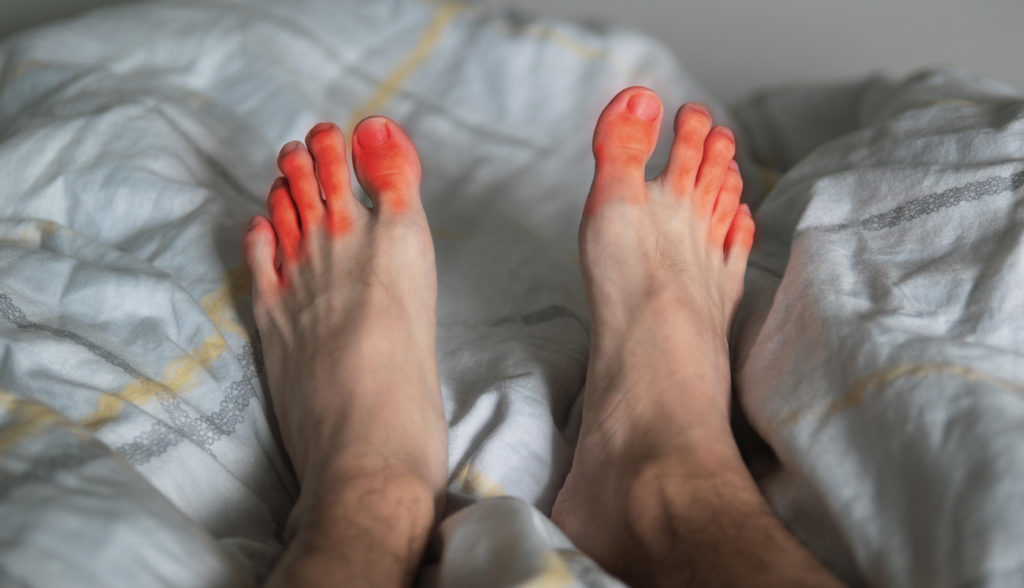
Many physicians believe it is more about the brain’s perception of the symptoms rather than an actual increase in intensity. In general, during the day the brain is busy with managing all of the input it gets from the body. It is occupied with thinking and making decisions, directing the movement of the body, interpreting input […]
22. What is an Epidermal Nerve Fiber Density Biopsy?
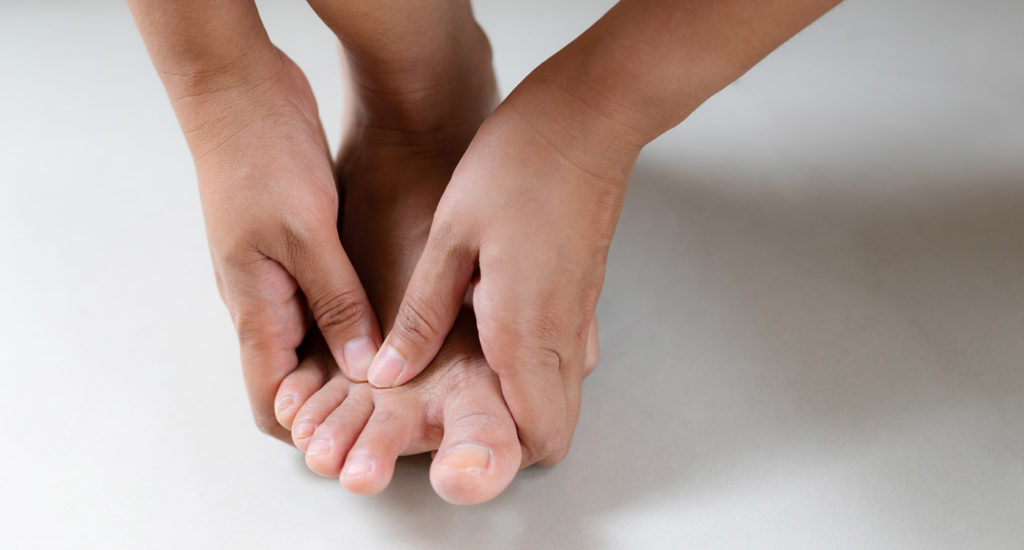
An epidermal nerve fiber density biopsy, also called an intraepidermal nerve fiber density biopsy or a nerve density skin biopsy, is a test that is performed by a physician to determine if you have a small fiber neuropathy. It is a simple relatively painless skin biopsy. The biopsy is sent to a pathology lab where it is […]
21. What is Small Fiber Neuropathy?
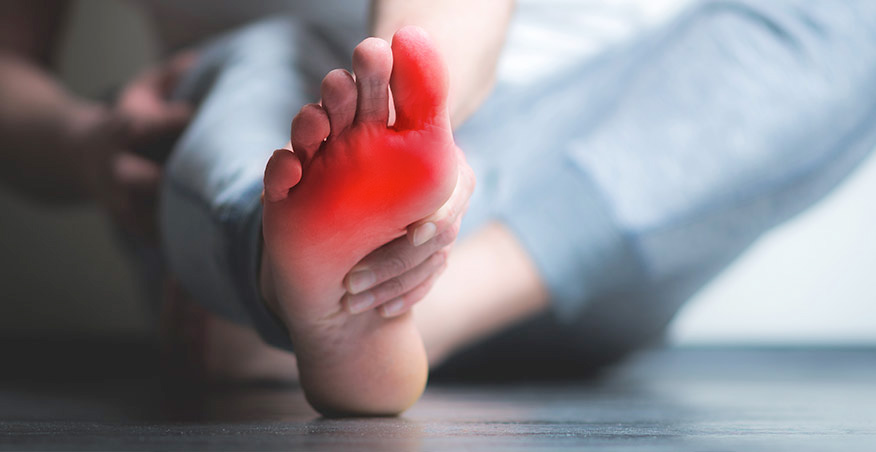
Small fiber neuropathy is a type of peripheral neuropathy in which the small nerve endings in the skin of the feet and legs become damaged. The diagnosis of small fiber neuropathy is made when a biopsy of the skin is taken and shows decreased density of the small nerve fibers (see section 22). Many peripheral neuropathies are […]
20. What Chemicals May Cause Peripheral Neuropathy?
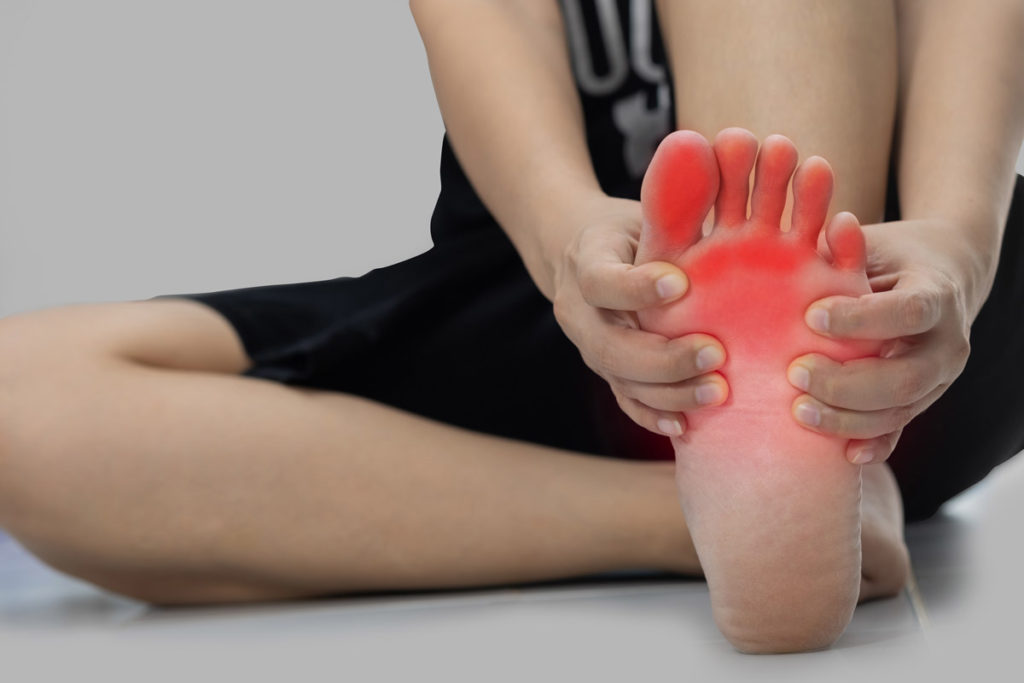
Many chemicals may be toxic to the peripheral nerves and cause peripheral neuropathy. Some chemicals that are of concern are: -Organic solvents: aliphatic, aromatic, cyclic, and halogenated hydrocarbons, alcohols, ethers, esters, ketones, and glycols. -Heavy metals: arsenic, thallium, lead, mercury, gold. -Some commercially available herbal medicines may be a source of excessive levels of heavy […]
19. Are There any Medications that may Cause Peripheral Neuropathy?
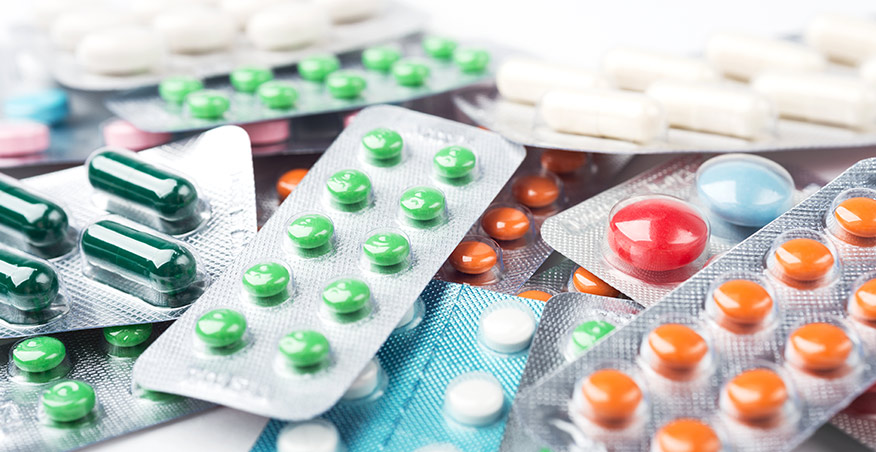
Peripheral neuropathy may be an unwanted side effect of many medications. When I interview a patient, who is complaining about numbness, tingling, or burning in their feet and legs, I always ask if these symptoms started after the patient began taking a new medication. If there is a correlation between when the new medication was […]
